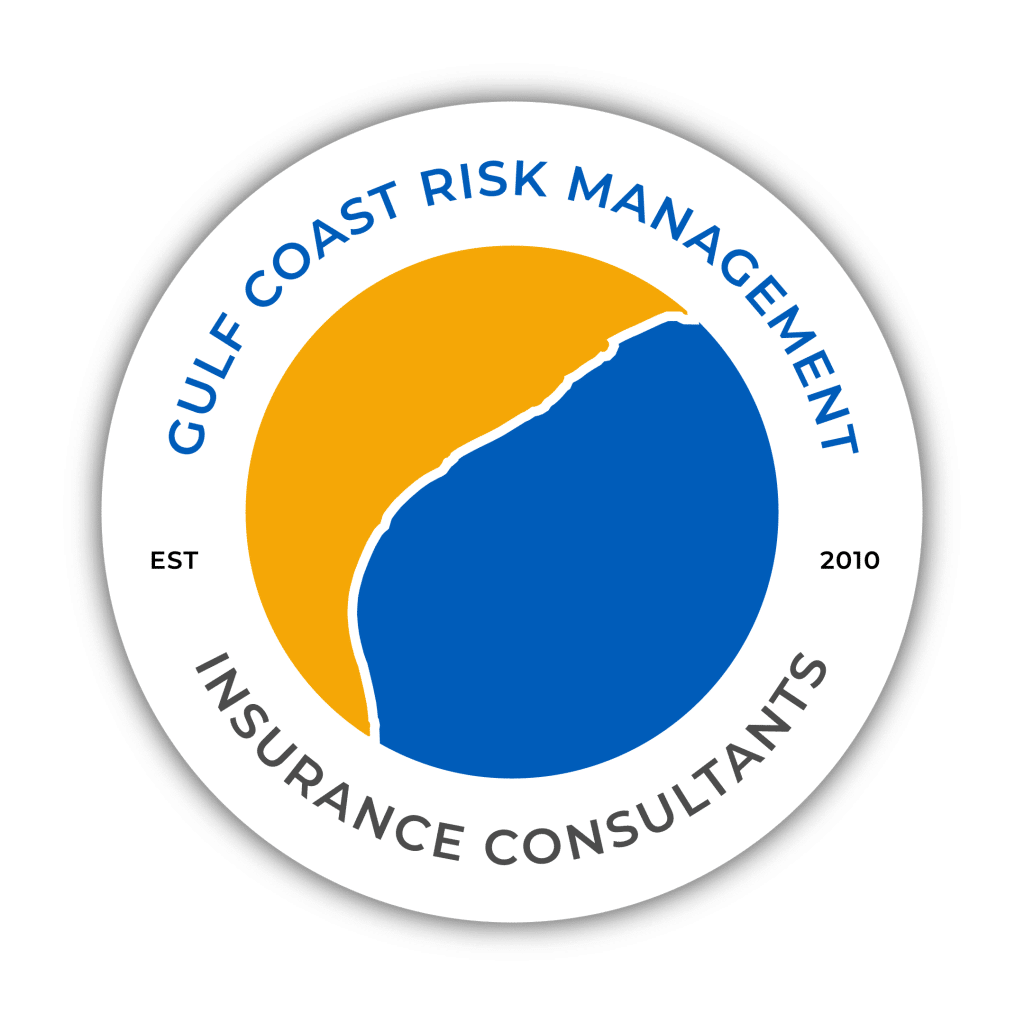Expert Witness vs. Fact Witness: Key Differences Every Attorney Should Know
In litigation, witness testimony often makes or breaks a case. But not all witnesses are the same. Attorneys rely on two very different types of witnesses—fact witnesses and expert witnesses—each serving a unique role in the courtroom. Understanding these differences is critical for building a strong strategy and presenting a clear, persuasive argument to the judge or jury.
At Gulf Coast Risk Management, we specialize in providing expert witness litigation support, so we know firsthand how important it is for attorneys to use the right kind of testimony at the right time.
What Is a Fact Witness?
A fact witness is someone who has firsthand knowledge of the events or circumstances surrounding the case. They testify about what they saw, heard, or experienced directly.
For example:
-
An employee describing workplace conditions.
-
A neighbor recounting an accident they witnessed.
-
A business partner explaining details of a contract dispute.
Fact witnesses are limited to sharing what they personally observed or know to be true. They cannot offer professional opinions, speculate on outcomes, or interpret complex evidence.
What Is an Expert Witness?
Unlike fact witnesses, expert witnesses are called upon to provide specialized knowledge and professional opinions that help the court understand technical or complex issues. Their role isn’t to state facts they witnessed but to analyze information and explain it in a way that assists the trier of fact.
Examples of expert witnesses include:
-
A forensic accountant analyzing financial records in a fraud case.
-
A medical expert explaining long-term health impacts after an accident.
-
A risk management consultant (like our team at Gulf Coast Risk Management) clarifying complex insurance policies and claims.
Expert witnesses are uniquely valuable because they can give opinions based on training, expertise, and industry standards—something a fact witness cannot do.
Why the Distinction Matters in Litigation
The difference between fact and expert witnesses may seem straightforward, but it has major strategic implications:
-
Admissibility of Testimony: Fact witnesses stick to observations, while expert witnesses must meet certain qualifications to give opinion testimony.
-
Credibility with the Jury: Juries often give significant weight to expert opinions, especially in technical cases.
-
Case Strategy: Attorneys must decide when to rely on firsthand accounts versus when expert analysis is necessary to connect the dots.
In short: fact witnesses tell the story, while expert witnesses explain the “why” behind the story. Both are essential, but they serve very different purposes.
How Gulf Coast Risk Management Supports Attorneys
At Gulf Coast Risk Management, we provide attorneys with experienced expert witnesses who deliver clear, credible, and well-documented opinions. Our team brings decades of risk management, insurance, and litigation support experience to the table, helping lawyers strengthen their cases with insights juries and judges can trust.
Whether you’re handling a complex insurance dispute or a high-stakes litigation matter, having the right expert witness can make all the difference.
Final Thoughts
Fact witnesses and expert witnesses both play vital roles in the courtroom, but understanding the difference is key to using them effectively. Attorneys who strategically combine firsthand testimony with professional expertise give their clients the strongest possible position.
If you’re an attorney preparing for litigation and need expert support, contact Gulf Coast Risk Management today. Our team is here to provide the professional insight and testimony you need to build a winning case.

Scott Margraves
Gulf Coast Risk Management
